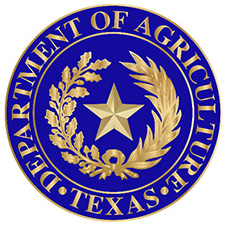Food access in D.C.: Q&A with Ashanté Reese
In her new book, “Black Food Geographies: Race, Self-Reliance, and Food Access in Washington, D.C.,” Ashanté M. Reese, an assistant professor of anthropology at Spelman College, uses Deanwood, a predominately black neighborhood in D.C., as a lens to examine the broader obstacles to food access and opportunity facing black communities as well as how a narrative of self-reliance has both boosted and hindered fundamental changes in the food system.
How farmers will adapt to the prospect of a new, soggier normal
American farmers, having endured the wettest 12 months in well over a hundred years and facing predictions that this could be the soggy new normal for the nation’s midsection, are looking at a variety of ways to speed up their processes next year, according to Bloomberg.
USDA expects storm-related planting claims to top $1 billion
The Department of Agriculture is expecting storm-ravaged farmers to file more than $1 billion in prevented-planting claims for fields they could not plant this year due to heavy rains and flooding, according to press reports.
TODAY’S QUICK HITS
Foodmakers double down on snacks (Wall Street Journal): Despite uneven growth, food companies continue to invest in snacks because of their higher profit margins
NFU calls out climate denialism (The Hill): In an opinion piece, National Farmers Union President Roger Johnson said that although farmers and ranchers are reeling from record floods and rains, “the only advice from Trump’s agriculture chief is to check the weather forecast.”
Global warming rising steadily (Science News): A new study in the journal Nature shows the world is on track to blow through the temperature target of 1.5 degrees Celsius over preindustrial times by mid-century.
China’s undercounted hog losses (Reuters): As many as half of China’s breeding pigs have either died from African swine fever or been slaughtered because of the spreading disease, twice as many as officially acknowledged.
Blockchain-based crop insurance (Insurance Journal): Aon and Oxfam have teamed up to use blockchain technology to offer crop insurance to smallholder farmers in Sri Lanka.











